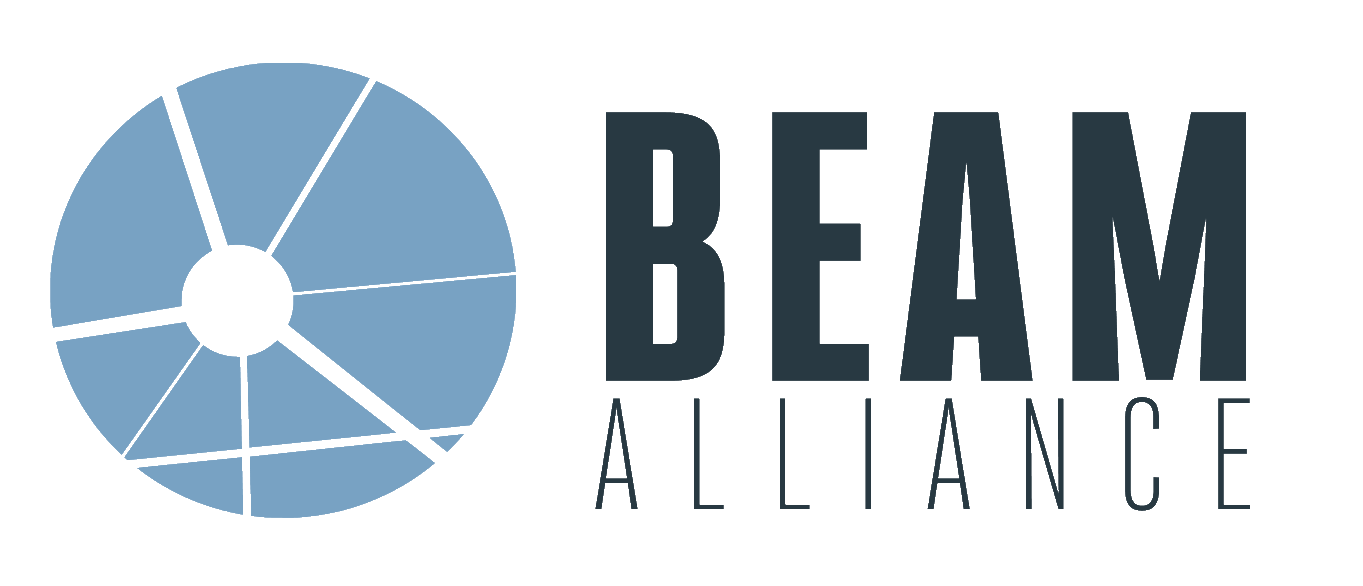BEAM Alliance wants HERA to effectively support R&D in antimicrobial resistance
- BEAM Alliance

BEAM Alliance welcomes the HERA proposal but urges EU Member States to recognise the importance of early-stage support for Research & Development of novel antibiotics under the preparedness phase function of the mandate.
The BEAM Alliance welcomes the European Union (EU)’s ambition to have a more proactive and coordinated approach to preparing for and addressing future pandemics. The EU’s much-anticipated proposal for a Health Emergency Preparedness and Response Authority (HERA) is an important step in the right direction. As we continue to grapple with the COVID-19 pandemic, it is not too late to start mitigating the risks of the next health crisis.
In our view, however, it is paramount that the HERA does not only focus on responding to the current pandemic, but also actively prepares for the next one. And with this in mind, there is no more urgent place to start than with antimicrobial resistance (AMR). AMR is steadily growing with the power to not only generate massive outbreaks but also to disrupt the way modern medicine (e.g., chemotherapy, surgery, transplants) is being used today. Innovative preventive, diagnostic and therapeutic solutions are among some of the key medical countermeasures (MCMs) which play a critical role in our ability to handle and fight infectious outbreaks. However, developing such solutions requires time and resources.
In the AMR field, the market failure is now widely acknowledged. From a business perspective, it is unattractive to innovate in this space and produce the medicines necessary to prevent the next health crisis. This is leaving small and medium sized enterprises (SMEs) like BEAM members as the main actors working in the design of new products to curb AMR. While SMEs provide 80% of the antimicrobial candidate portfolio, they are struggling to advance their product development programmes due to a lack of appropriate funding and market and regulatory incentives in the sector.

Therefore, we urge the HERA to provide appropriate support that focuses on funding the process of innovation from preclinical R&D onward for novel antibiotics under the preparedness phase function of the mandate. When the initiative was announced, President von der Leyen said that this proposal would establish a European agency modelled by the US Biomedical Advanced Research and Development Authority (BARDA). However, we see that the proposal falls short of what BARDA is able to provide in terms of funding for innovation. BARDA, for example, is one of the main funders of Combating Antibiotic-Resistant Bacteria Biopharmaceutical Accelerator (CARB-X), a global non-profit partnership dedicated to accelerating antibacterial research. With around US$480 million to invest from 2016-2022 their portfolio is the world’s largest early development pipeline of new antibiotics, vaccines, rapid diagnostics, and other products to prevent, diagnose and treat life-threatening bacterial infections. The HERA should also prime the clinical pipeline, through the support to preclinical development and onwards, either directly, but probably more efficiently through a direct contribution to CARB-X, just like BARDA does.
Against this background, BEAM Alliance members call on the EU member states to ensure that the HERA considers AMR as one of the three specific high impact threats to be addressed as soon as possible. The SME perspective is paramount in combatting AMR and the BEAM Alliance stands ready to contribute through the Joint Industrial Cooperation Forum to help build an Authority that is proactive and fit for purpose.

